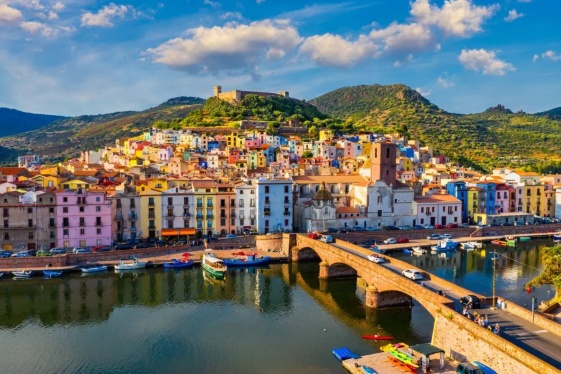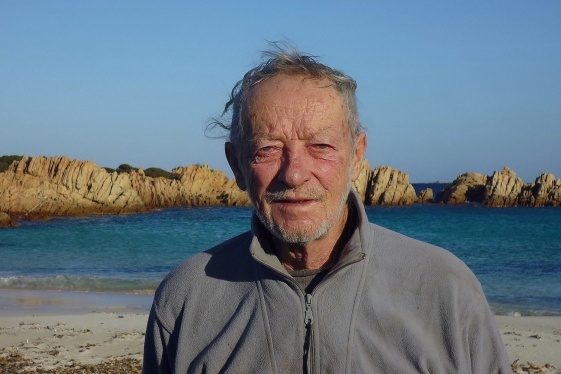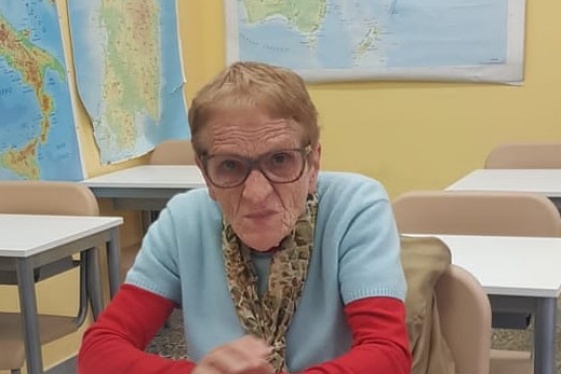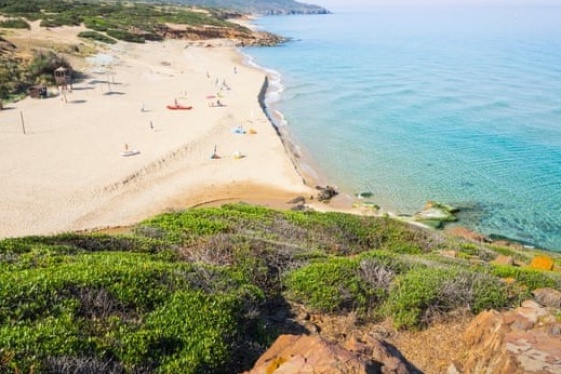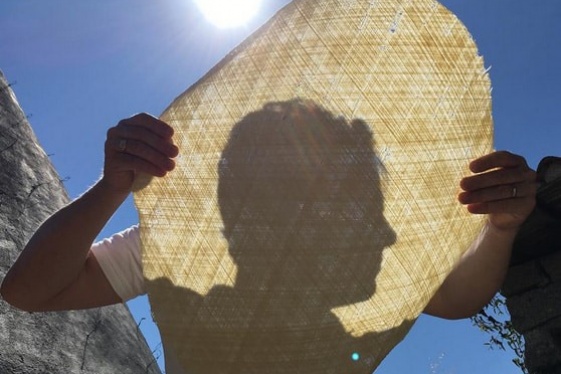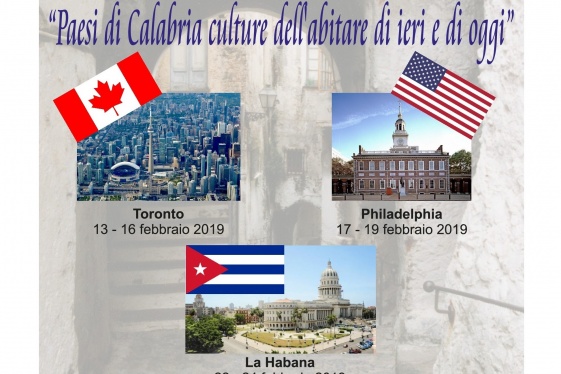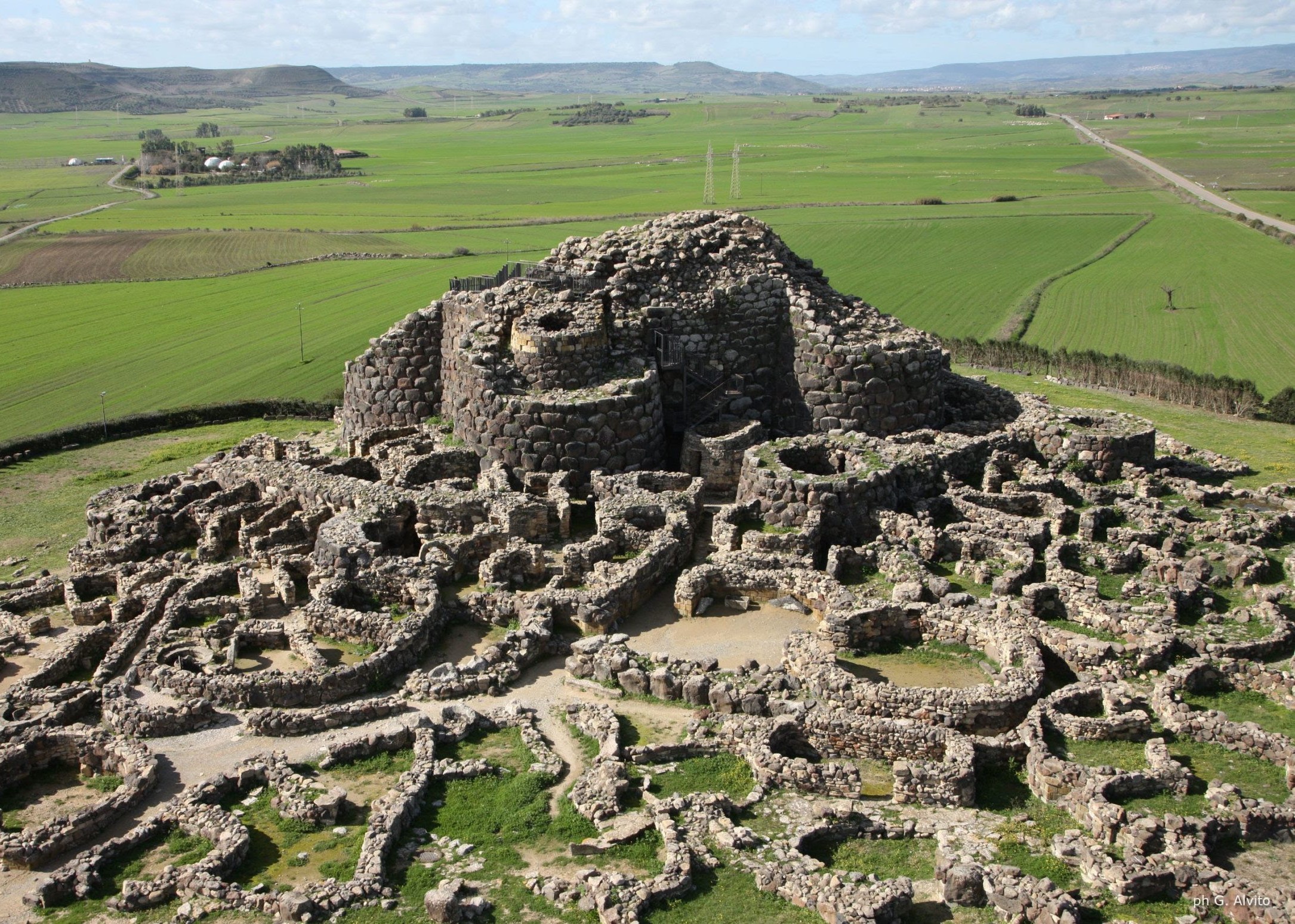

Friday, May 22, 2020. 5.30 pm - 6.30 pm. 45 minutes lecture, 15 minutes Q & A. The webinar will take place online through Cisco Webex. The webinar is $10 for all Filitalia members and non members. RSVP is required, so please reserve your ticket online.
Join Angela Cacciarru and learn about the Island of Sardinia, the oldest land in Italy and one of the oldest in Europe. Its rocks date back 570 to 500 million years ago and the people that inhabited this ancient island created a civilization that historians called “Nuragic Civili-zation”.
In this lecture you will travel back in time, and take a fascinating journey into the Sardinian mysterious stone structures scattered all around the island, called ”Nuraghi”. You will also take a virtual walk inside of the Nuraghi and explore the surrounding countryside, where religious buildings were erected under the ground, and connected with the most precious and precarious Sardinian natural resource: water.
And with the two most revered main sources of light: the sun and the moon. Who built these constructions? And, what was their mysterious meaning to ancient peoples? In this lecture you will find some answers and, certainly enough come up with questions of your own!
Don't miss out on this breathtaking journey across time and space, in an island in which the present events are still very much immersed in the ancient past and mystery of its origins.
About Angela Cacciarru:
Angela was born and raised in Italy, and has more than twenty years of experience as an instructor of Italian language and culture. She got her BA in Economics from the University of Cagliari, in Sardinia, where she also collaborated with a poetry magazine as an editor and author.
She left Italy in 1990, and, since then, has developed an extensive international and multidisciplinary teaching background in the United States, Europe, and sub-Saharan Africa. She became an United States citizen in 2004.
Her knowledge of Human Geography, her academic specialty since her Ph.D. at the University of North Carolina at Chapel Hill, has been important in diversifying and broadening the content of her classes.
SOURCE: Filitalia International
You may be interested
-
'I'm Italian - this is the most beautiful but...
Bosa, a picturesque town nestled on the western coast of the enchanting island of Sardinia...
-
'Saffron tourism' takes hold in Italy, harves...
Saffron tourism is the holiday of choice for a growing number of people fascinated by the...
-
‘I have given up the fight’: ‘Italy’s Robinso...
A man known as Italy’s Robinson Crusoe who has lived alone on a Mediterranean island for m...
-
‘My classmates are like my grandchildren’: It...
An Italian woman who missed out on formal education because of the second world war has re...
-
‘Nudity on the beach is normal’: how Sardinia...
Sergio Cossu’s nude awakening came in 1972, when, at the age of 16 and needing a getaway f...
-
‘The Oratorio’: Martin Scorsese Celebrates a...
There’s a point in “The Oratorio” when the attention turns to the organ at St. Patrick’s O...
-
‘Threads of God’: Rarest Pasta in the World I...
In the small Sardinian town of Nuoro, there are very few people who still know how to make...
-
"Paesi di Calabria, culture dell’abitare di i...
Le associazioni Club Sannnicolese, Comunità di Filogaso e Mammola social Club di Toronto,...



